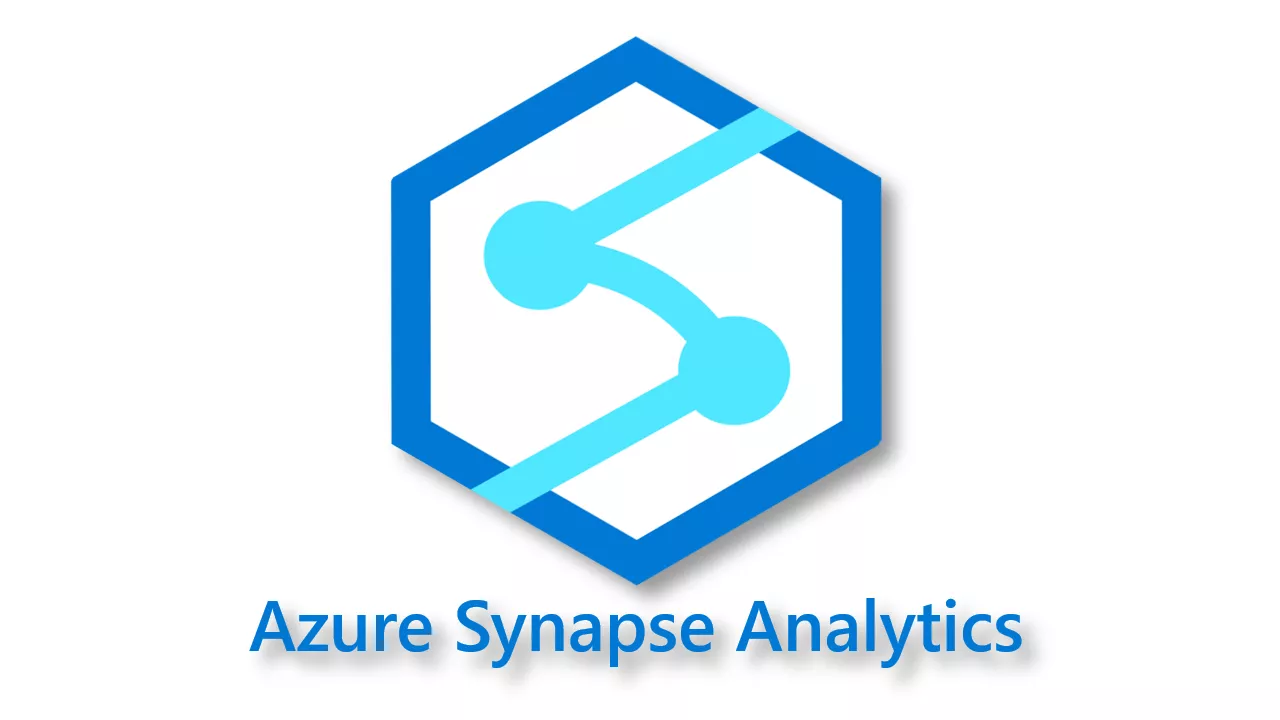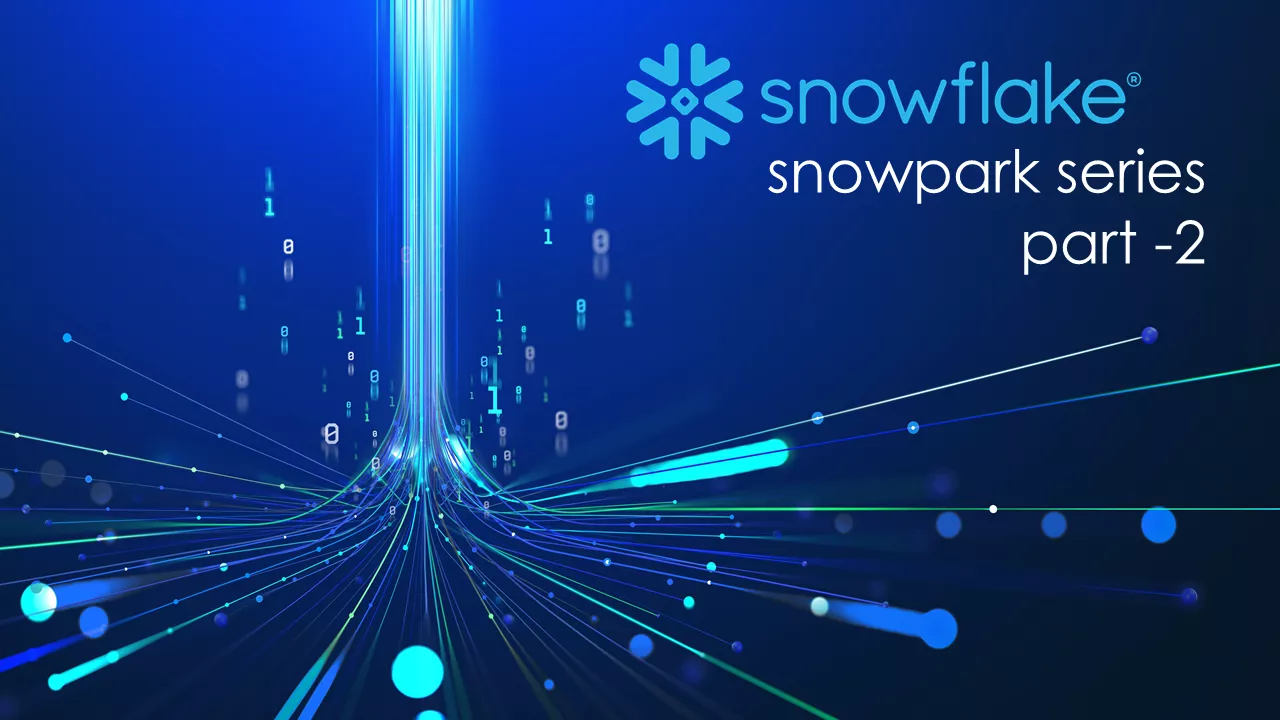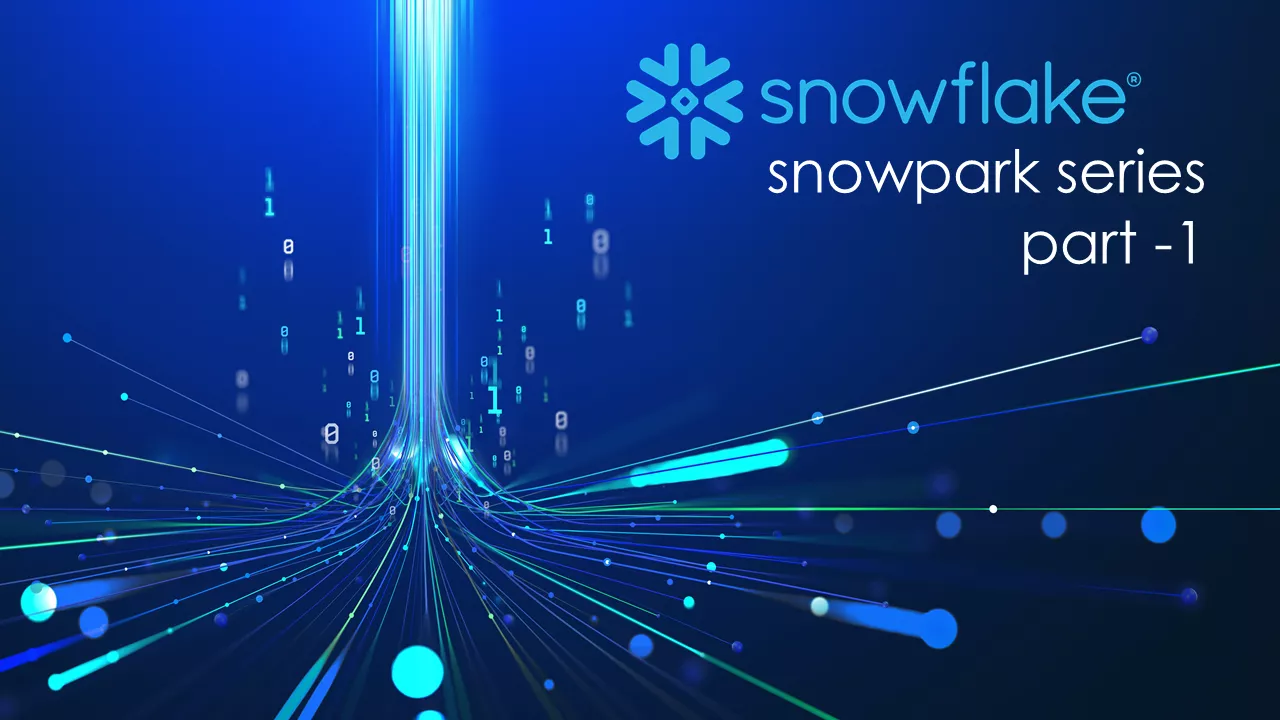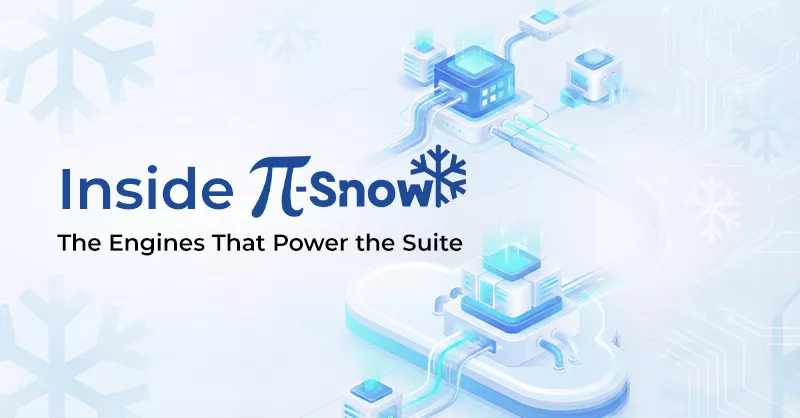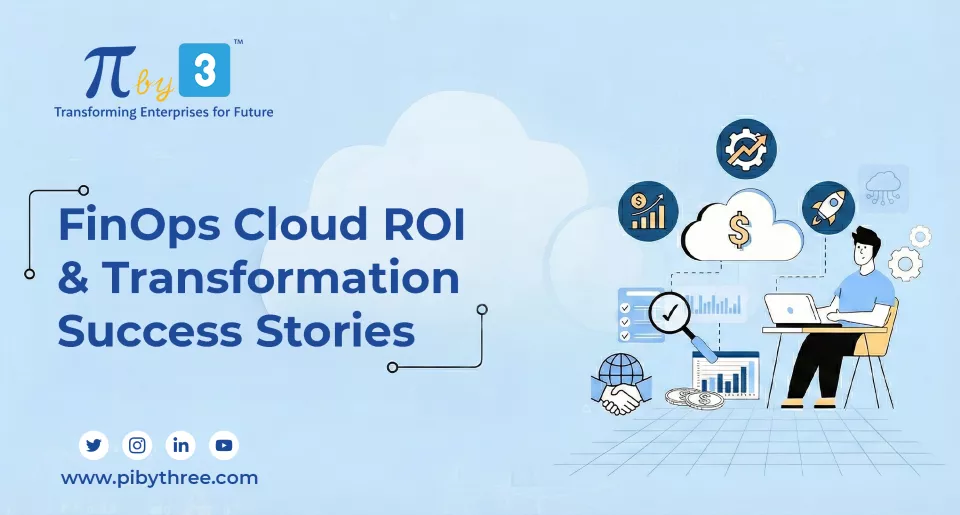We can build Azure data pipelines by using Azure Data Factory. Azure Data Factory is a cloud-based data integration service provided by Microsoft Azure that allows users to create, schedule, and manage data pipelines. This article will give you a comprehensive guide to Azure Data Pipeline.
What is Data Pipeline?
A data pipeline is a group of integrated data processing components that makes it easier to automatically extract, transform, and load (ETL) data from many sources into destination data storage.

What is Azure Data Pipeline?
With Azure Data Factory we can build Azure data pipeline, users can connect to various data sources, such as Azure Blob Storage, Azure Data Lake Storage, SQL Server, and Oracle databases, and transform the data using a variety of built-in data transformation activities, such as filtering, sorting, and aggregating. Once the data is transformed, it can be loaded into various target data stores, such as Azure Synapse Analytics, Azure SQL Database, Azure Cosmos DB, etc.
Q. Why understanding the Azure Data Pipeline is important?
In the modern world, massive amounts of data are produced daily. A significant amount of this data is generally unstructured and raw. however, we are unable to utilize raw data to give analysis, ML developers, data scientists, or corporate decision-makers insight. Azure Data Pipeline is important because it enables organizations to effectively manage and transform their data in the cloud.
Q. What are the Core Concepts and Architectures of Azure Data Pipeline?
Data integration: Users can connect to a variety of data sources, including on-premises, cloud-based, and hybrid systems, using Azure Data Factory.
Data transformation: As data moves through the pipeline, users can transform it using a wide variety of transformation activities offered by Azure Data Factory, like filtering, aggregating, and joining.
Pipeline orchestration: By regulating the execution order and setting dependencies between activities, Azure Data Factory enables users to orchestrate complicated data pipelines.
Monitoring and alerting: Azure Data Factory provides detailed monitoring of pipeline activity as well as alerting and notification capabilities to help users quickly identify and resolve issues
Pros of Azure Data Pipeline:
Cloud-based:Azure Data Factory is a service that is hosted in the cloud, so organizations don't have to worry about setting up and maintaining infrastructure. As a result, getting started with data processing is simpler and more affordable.
Scalability: Azure Data Factory has a high degree of scalability and can easily handle massive data volumes. Because of this, businesses can easily handle increases in demand for data processing.
Security: Azure Data Factory offers security and privacy of your data including Data encryption, role-based access control.
Cost-effective: Azure Data Factory allows users to pay only for the resources they actually use, making it a cost-effective option for organizations with different data processing requirements.
Cons of Azure Data Pipeline:
Complexity:Azure Data Factory can be complex to set up and configure, particularly for organizations that are new to cloud-based data processing.
Limited customization: Azure Data Factory offers a variety of data processing activities, and users may discover that they need more customization choices for their particular data processing requirements.
What are the Top Alternatives to Azure Data Pipeline:
Google Cloud Composer: A powerful tool for managing and orchestrating workflows on GCP is Google Cloud Composer. It offers a variety of features to make your workflows scalable, dependable, and simple to use, allowing you to develop complicated workflows without worrying about infrastructure.
Amazon Web Services (AWS) Glue: Amazon Glue is an extract, transform, and load (ETL) service that is completely managed and streamlines the transfer of data between data storage. It provides a flexible schema for managing data types and supports a wide range of data sources.
Apache NiFi: Apache NiFi is an open-source data integration tool that provides a web-based interface for building data pipelines. It supports a variety of data sources and provides real-time monitoring and alerting capabilities.
Final words:
A good option for implementation of data pipelines is cloud-based data integration platform that offers an adaptable and scalable platform for managing data integration and management workflows. As it is a cloud-based infrastructure it eliminates the requirement for on-premise infrastructure and its ability to handle a wide variety of data sources.

